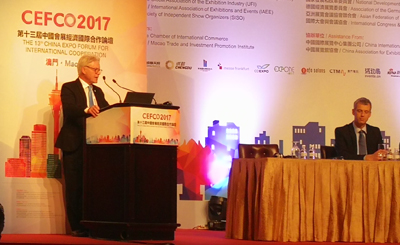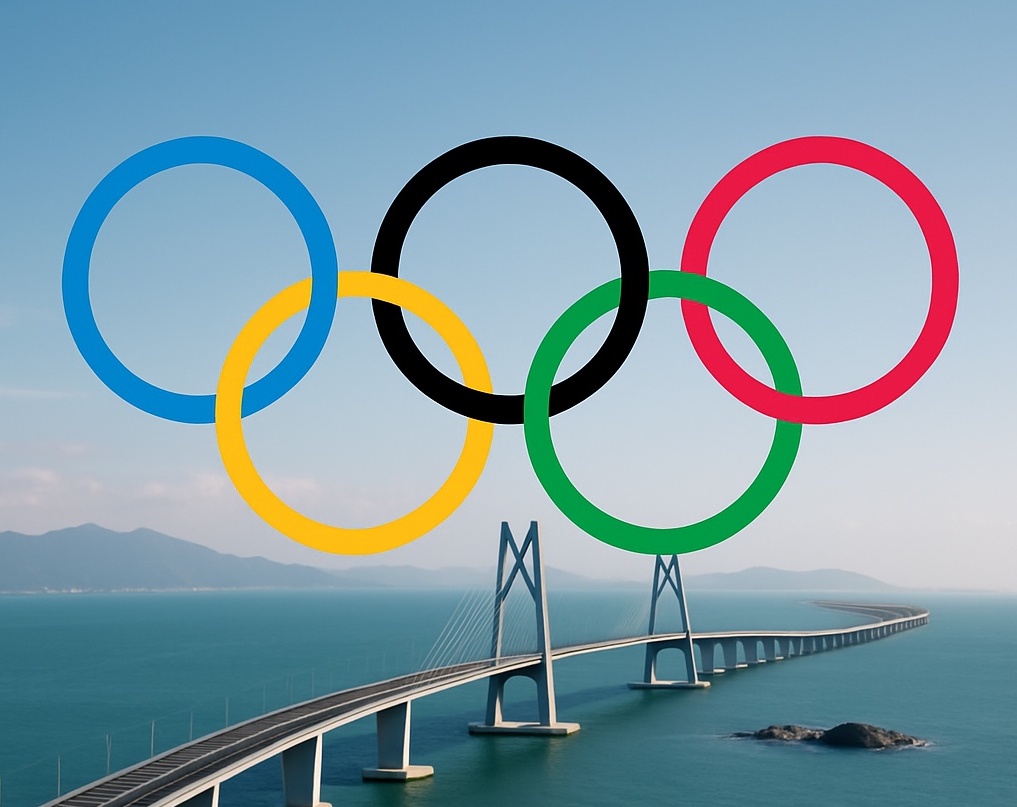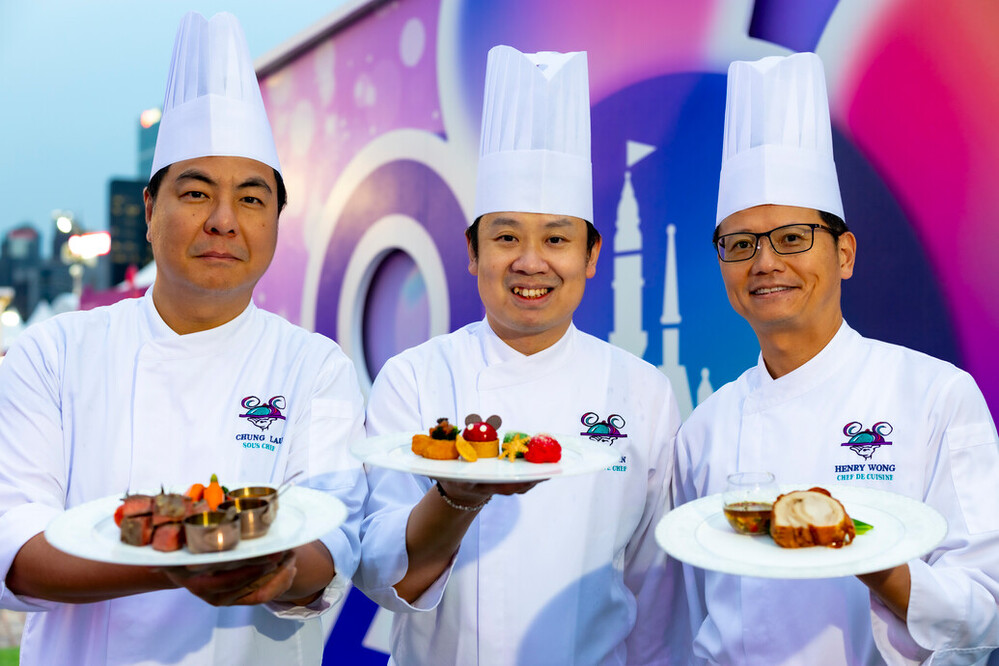
One of the foremost thought leaders in business events and tourism has urged government leaders across China to make the visitor economy central to their economic strategies.
Speaking in Macau at the 13th China Expo Forum for International Cooperation (CEFCO), Gold Coast Tourism CEO Martin Winter proposed that the rapidly evolving proposition for international tourism can profoundly impact the way China’s leaders think about nation building.
Winter told the audience of 600 provincial government delegates and city officials from across China that “the timing could not be better given the launch of Premier Xi Jinping’s visionary ‘One Belt, One Road’ initiative, aimed at promoting regional and cross-continental connectivity between China and Eurasia”.
The initiative is sometimes referred to as the New Silk Road and maritime route.
What the Silk Road renaissance means for planners
He was in Macau as a guest of the China Chamber of International Commerce, and he encouraged participants to rethink tourism in terms of the broader visitor economy.
“This notion captures holidaymakers and business travellers, conference and Incentive delegates, those who travel to participate in and watch sporting and cultural events, and students who attend schools and universities from other regions and from abroad,” Winter said. “They are all non-resident consumers with differing reasons to travel who contribute to Gross Local Product”.
Pearl River ‘MICE expotainment belt’ on the way
Winter said the intangible economic and social benefits flowing to local communities from the visitor economy were so far undervalued. He said powerful leveraging opportunities were only limited by government commitment.
“This should be central to the economic strategy of every province and city. It is a low cost opportunity with handsome rewards,” he said.
Gold Coast Tourism, led by Winter, markets the city regarded as Australia’s most successful visitor destination. He is an internationally recognised tourism sector thought-leader, who has also recently presented to governments agencies and the tourism industry in Taiwan and Japan.


